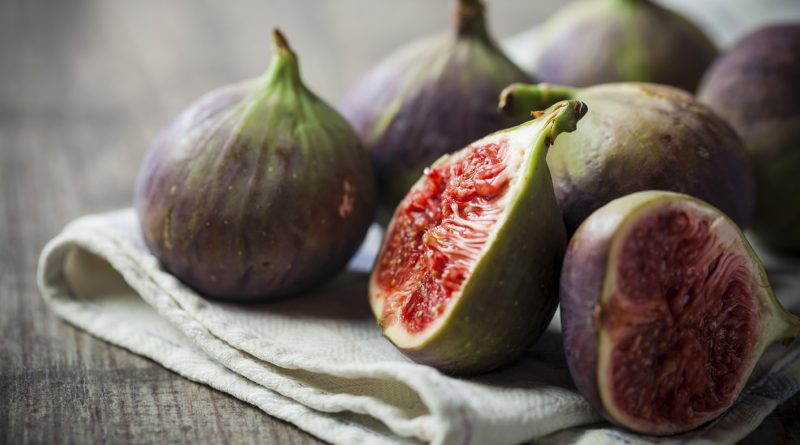People often ask me what they should eat to boost their immune system and improve their vitality. My first answer is always ‘eat seasonal, local, organic food – in that order of importance’.
Food that’s in season provides the specific nutrients that our bodies require at that time of year.
From a Traditional Chinese Medicine and Ayurvedic Medicine point of view, seasonal foods also balance the changes in temperature and energy our bodies are exposed to during each season.
For example spring foods are light and bitter and tend to stimulate gastric juices and bile flow after the ‘stagnation’ of the winter months, when starchy, root vegetable vegetables abound.
This sounds like a far fetched claim but when you stop and think about it, it really makes sense.
Why We Should All Eat More Seasonal Food
Look at some of the foods listed in the Autumn seasonal food guide for Melbourne for example:
Apples – rich in virus-fighting quercetin
Mushrooms – very high in immune boosting beta-glucan polysaccharides
Citrus fruit – high in cold-repelling vitamin C and bioflavonoids
Walnuts – high in the anti-inflammatory omega 3 fatty acid, linolenic acid.
Figs – great source of beneficial-bacteria boosting prebiotics to keep your immune system strong.
Why eat local
When you eat locally-grown food, you’re automatically eating fresher produce as the food miles between the farm where it was grown and your kitchen are drastically reduced. You’re more likely to eat produce that was picked at the right time of ripeness as opposed to completely unripe, to allow for travel time and cold-storage.
You’re helping local farmers keep their independence. Australia’s food chain is sadly largely controlled by a couple of food chain giants. Some of my patients grew up on farms and have witnessed first-hand the ruthless approach that supermarket chains take against farmers.
You’re also helping to reduce global food miles. This is especially true if you can make the effort to shop at local farmers markets or organic co-ops.
Why eat organic
While the media is very fond of publicising any new study that shows there’s no difference between the nutritional value of conventional versus organic food, you have to remember that non-organic food comes with a long list of pesticide and chemical residue that your body is going to accumulate in fat cells over time.
Organic farming is also better for the environment we live in by fostering biodiversity and preventing mineral soil depletion that intensive farming causes.
When you eat organic produce, you’re also more likely to increase your intake of compounds called salvestrols, which studies have shown to have great promise in terms of their anti-cancer properties. Salvestrols are naturally produced in plant foods when they are blemished – apparently as a way to repair themselves.
It is thought that salvestrols have the same effect on our cells where they promote DNA repair. While the science behind salvestrols is still young, there is no doubt that our obsession with perfectly shaped, glossy apples and blemish-free produce we find in the supermarket aisles has decreased our overall intake of salvestrols.
For a complete list of seasonal foods in your area check out: www.seasonalfoodguide.com
